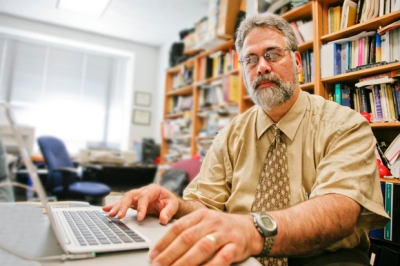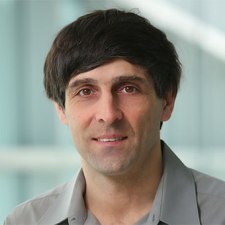 Professor of Mathematics Dmitry Kleinbock has been awarded a prestigious Simons Fellowship in Mathematics, which will support research activities during his sabbatical leave in the fall of 2022.
Professor of Mathematics Dmitry Kleinbock has been awarded a prestigious Simons Fellowship in Mathematics, which will support research activities during his sabbatical leave in the fall of 2022.
Kleinbock’s research deals with dynamical systems of algebraic origin and their applications to number theory. A dynamical system is simply a set of points together with an evolution law that governs the way points move over time. It turns out that many mathematical problems concerning integer solutions of some equations or inequalities can be understood in terms of the behavior of certain dynamical systems. Furthermore, systems that arise in this context are of algebraic nature (so called flows on homogeneous spaces of Lie groups), which makes it possible to use a wide variety of sophisticated tools such as representation theory, hyperbolic geometry and geometry of lattices.
During the Spring 2022 semester Kleinbock is visiting the Institute for Mathematical Research at ETH (Zürich, Switzerland), giving a lecture course on the topic of dynamics on homogeneous spaces. The plan for the spring is to finish several projects and start new collaborations. Then in the Fall 2022 semester Kleinbock will be a member of a thematic program on Applications of Dynamics in Number Theory and Algebraic Geometry at the Institute for Advanced Studies in Princeton, NJ, led by Tamar Ziegler (Hebrew University, Jerusalem). This will be an excellent opportunity, thanks to the Simons Fellowship, to explore further connections between dynamics and number theory.

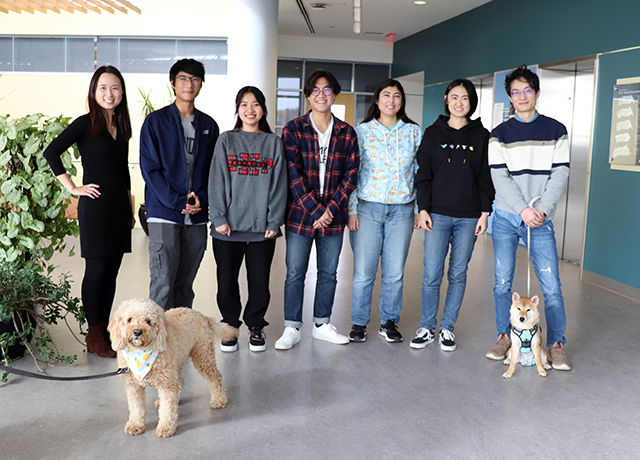
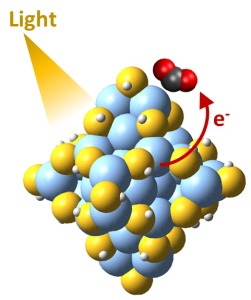
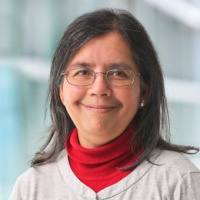
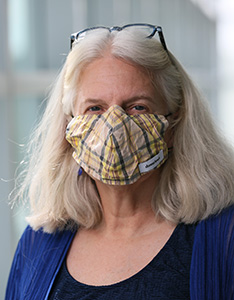

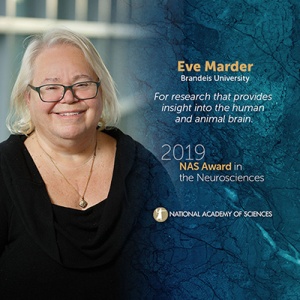
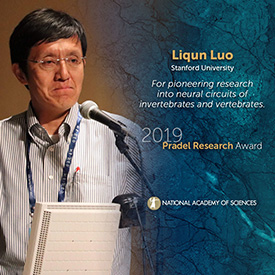
 Congratulations to
Congratulations to 
